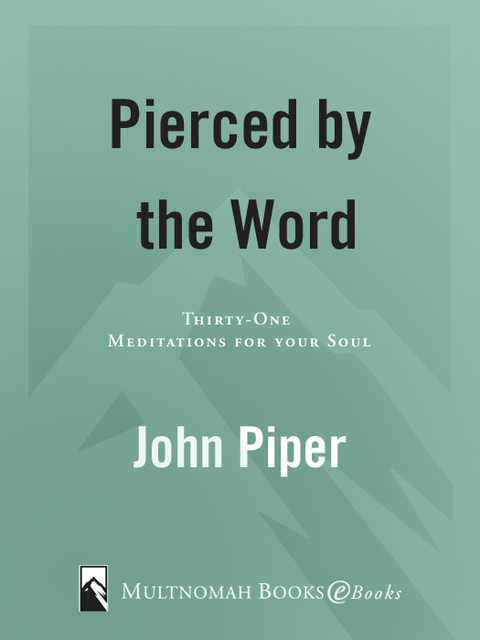Peacemaking By Democracies: The Effect Of State Autonomy On The Post-world War Settlements
Norrin M. Ripsman
Analysts Of Domestic Politics In Democratic Countries Have Long Argued That Differences In The Structures, Procedures, And Norms Affecting The Way Democratic Governments Operate Influence Which Policies Executives Choose And The Degree Of Autonomy They Have In Choosing Them In The Face Of Popular And Legislative Opposition. However, When Theorists Explain How Democracies Conduct Foreign Policy, They Tend To Ignore Or Downplay Differences And Assume That Democratic Governments All Behave Similarly. Challenging This Assumption, Peacemaking By Democracies Breaks Down The Category Of Democracy To Argue That Differences In Structural Autonomy Among Democratic States Have A Lot To Do With How Foreign Security Policies Are Chosen And International Negotiations Are Carried Out. The More Structural Autonomy The Foreign Security Policy Executive Possesses, The Greater The Policy Independence From Public And Legislative Opinion It Is Able To Achieve.--jacket. Domestic Opinion And Democratic Foreign Security Policy -- The Domestic Decision-making Environments Of Great Britain, France, And The United States After Two World Wars -- The Post-world War I Settlement, 1919 -- The Post-world War Ii Settlement, 1945-1954 -- Structural Autonomy And Democratic Foreign Security Policy: Conclusions And Implications. Norrin M. Ripsman. Includes Bibliographical References (p. 241-260) And Index.
| Name in long format: | Peacemaking By Democracies: The Effect Of State Autonomy On The Post-world War Settlements |
|---|---|
| ISBN-10: | 0271022221 |
| ISBN-13: | 9780271022222 |
| Book pages: | 280 |
| Book language: | en |
| Binding: | Hardcover |
| Publisher: | Penn State University Press |













